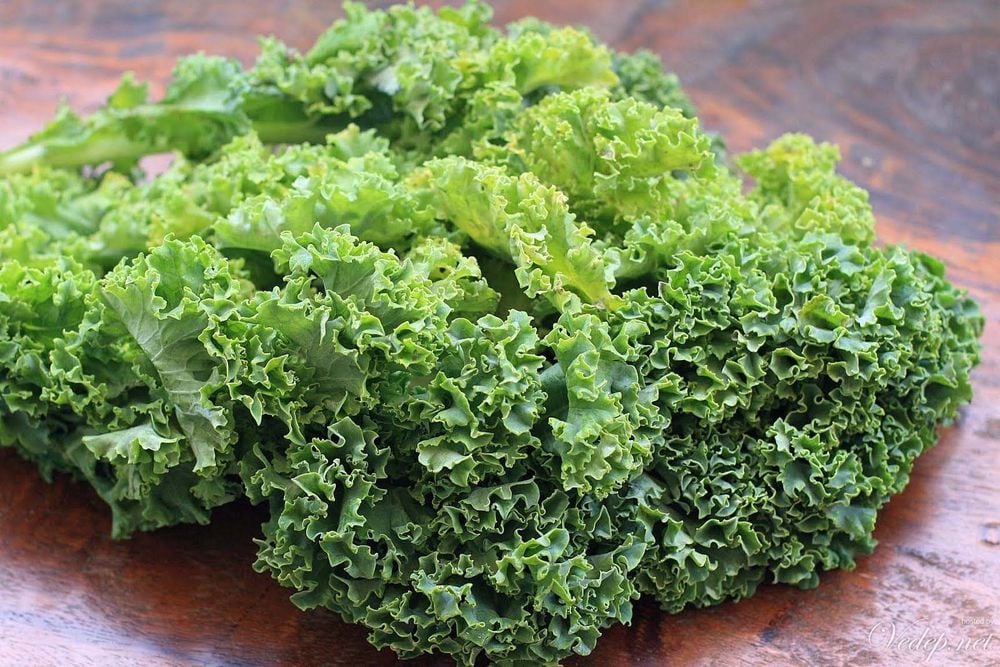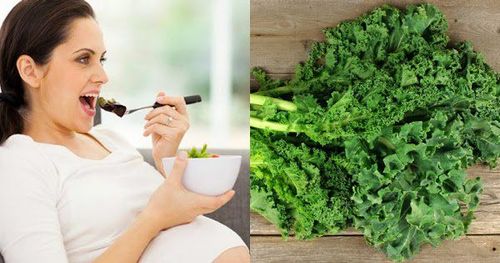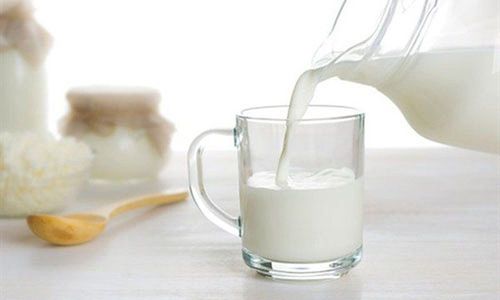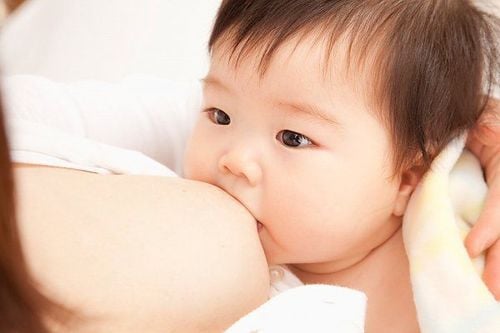This is an automatically translated article.
Dark green vegetables often contain many important nutrients for the body. However, the choice of food for pregnancy is always carefully considered by mothers. So can pregnant women eat kale and is this vegetable suitable for the mother's postpartum menu?
1. What is the nutritional composition of kale?
Kale provides a lot of nutrients but has very few calories, making them a healthy and weight-friendly option. Kale contains calcium, iron, vitamins (vitamin K, vitamin C, vitamin A and Vitamin B6), minerals, and heart-healthy antioxidants.
Adding kale to the daily diet has the effect of protecting the body against cancer and protecting the health of the cardiovascular system.
Although kale is usually in season during the cold weather months, it is usually available in supermarkets year-round. There are 3 main types of kale:

Cải xoăn lacinato
Green Kale: This curly green kale goes well with stir-fries, smoothies and soups, or can be baked into "fries". Lacinato kale (also known as dinosaur kale or Tuscan kale): features dark, bumpy leaves that are often tougher and have a better flavor that should be used in chopped or sliced salads. Strip and sauté. Russian Kale, Siberian Kale: This kale has purple veins, best when added to soups and stir-fries. For the freshest bunch of vegetables, housewives choose to buy leaves that are green and bounce to the touch, not yellow, slimy or wilted. To keep kale for a long time, remove all wilted leaves, wrap in paper towels (do not wash first) then place in a plastic bag, remove as much air as possible, and store in the refrigerator.
2. Is kale good for pregnant women?
Due to its many nutrients, kale is one of the best foods for pregnancy. However, pregnant women who eat kale may encounter a drawback that when cooked, kale can smell like sulfur, which makes some pregnant women feel this is not a steaming food. guide.
Why is it good for pregnant women to eat kale? Although a cup of cooked kale contains only 36 calories, it is very nutritious, providing 3 grams of fiber and meeting 10% of the calcium requirement for daily bone formation of pregnant women.
One cup of kale also provides more than the amount of vitamins A and C that pregnant women need in a day. Both of these vitamins are considered key to a strong immune system, helping pregnant women fight off colds.
Plus, pregnant women who ate kale in this amount met more than 10 times the recommended amount of vitamin K, this nutrient helps keep blood vessels healthy, which is especially important, because because pregnant women need more blood flow to the uterine area to nourish the fetus.
3. Can the mother eat kale?

Bà đẻ ăn cải xoăn sẽ giúp cơ thể bổ sung các chất dinh dưỡng cần thiết để tạo sữa
A healthy diet while breastfeeding is essentially the same as a nutritious diet when not breastfeeding. The main difference is that people who are breastfeeding need more calories.
When breastfeeding, a person needs about 450 to 500 extra calories per day than usual. People who want to lose weight after pregnancy may not need to increase their calorie intake while breastfeeding, but it is important to discuss this with their doctor.
Specific nutrients, such as iron, calcium, potassium and vitamins A - D are especially beneficial when breastfeeding. Eating a variety of foods is also essential as this exposes your baby to different tastes and can make it more receptive to solid foods later in life.
No single diet is ideal for everyone who is breastfeeding. The goal is to eat a healthy and varied diet. Those who are exclusively breastfeeding should eat 3 cups of vegetables per day. Those who are combining breastfeeding with formula should eat 2.5 cups of vegetables per day. The United States Department of Agriculture provides advice on vegetables suitable for postpartum mothers, including kale.
Mothers can eat kale is no longer a concern of postpartum mothers, in fact kale is rich in vitamins and antioxidants, consuming a sufficient amount will help the body supplement the nutrients it needs. needed to make milk.
Kale is a food rich in nutrients, but mothers should consider a sufficient amount for the body to absorb nutrients in the best way. To protect health as well as help stabilize milk supply, mothers need to maintain a reasonable diet, combined with exercise to restore health quickly. If you have difficulties in taking care of your children as well as building a postpartum nutrition regimen, you can go to Vinmec International General Hospital to visit and receive the best advice from doctors and specialists. nutritionist.
Please dial HOTLINE for more information or register for an appointment HERE. Download MyVinmec app to make appointments faster and to manage your bookings easily.
References: parents.com, medicalnewstoday.com, timesofindia.indiatimes.com, hsph.harvard.edu












